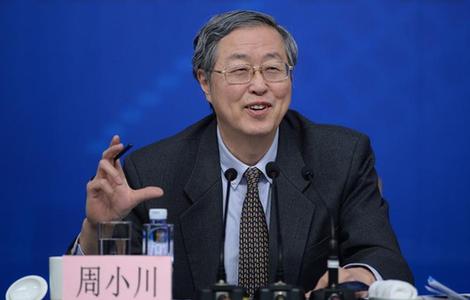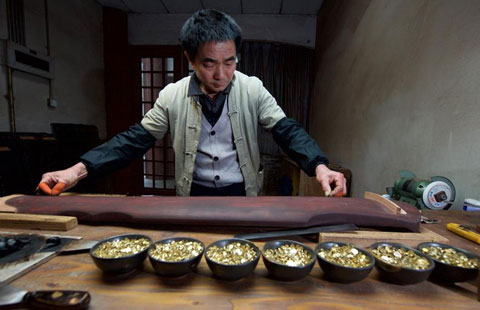China urges Sri Lanka secure further Chinese investment
Updated: 2015-03-13 20:11
By Pu Zhendong(chinadaily.com.cn)
|
||||||||
"The Chinese government would be kept informed of the process and outcome of the review," Samaraweera said, adding that both of Sri Lanka's political parties, the Freedom Party and the United National Party, had friendly China policies.
However, Fu Xiaoqiang, an expert on South Asian studies at the China Institutes of Contemporary International Relations, said the review shows Colombo is more likely to follow a more cautious attitude to accepting Chinese investment from now on, especially in the security area, so as not to upset India.
"Both countries will still advance cooperative agreements signed previously, but it will not be a surprise to see the implementation shrinking or slowing down," Fu said.
Changes in the new administration's foreign policy are evident, which the diplomat described as a more balanced "middle path", with the goal of engaging with the world.
Last month, speculation arose over whether Sri Lanka will steer away from its previous pro-China policy to re-warming ties with India as Sirisena picked India as his first oversea trip. Sirisena will visit China late this month and attend the Boao Forum for Asia in Southeastern Hainan province.
China is keen to ensure its investment safety in Sri Lanka, which is an important stop on Beijing's ambitious regional development initiative of the 21st Century Maritime Silk Road. Sri Lanka was among the first countries to endorse China's proposal since it was raised in 2013.
However, analysts said India, which lags behind China in infrastructure development in Sri Lanka, stays vigilant to China's expansion of its influence across the Indian Ocean, one of world's busiest shipping lanes.
Last year, the docking of a Chinese submarine in Colombo aggravated New Delhi's concern, although Beijing repeatedly said it was a "technical docking for supplies and rest", practiced by navies all over the world.
"India remains distant to China's Maritime Silk Road blueprint because it does not want China to replace its leading role in boosting connectivity in the Indian Ocean region," Fu said.
During talks with his Sri Lankan counterpart, Chinese Foreign Minister Wang Yi said Beijing holds an open attitude towards China-Sri Lanka-India trilateral cooperation and stands ready to discuss possible fields and feasible approaches.
"The three countries, all boasting abundant Buddhist tourism resources, can consider cooperation in developing tourist routes," Wang said.
Samaraweera hailed a tri-party agreement between India, China and Sri Lanka as "the most welcome", saying the Indian government is "not at all concerned" about Sri Lanka's relations with China.
Wang, the researcher, said the success of this cooperative model requires both China and India to ditch zero-sum competition and coordinate investment efforts in the region to achieve common development.
"It depends on how the three countries see differences, from a cooperative perspective or a confrontational one," he added.
China is the largest investor in the war-battered South Asian country, accounting for 24 percent of its total FDI in 2013. Chinese companies have also been involved in major projects such as the Hambantota port and railways in southern Sri Lanka.
China is also Sri Lanka's third-largest source of tourists. More than 275,000 Chinese visitors are expected to travel to Sri Lanka this year.
Xinhua contributed to the story.
- Indian Prime Minister arrives in Sri Lanka on state visit
- China becomes second largest source of tourists to Sri Lanka
- China asks Sri Lanka to protect interests of investors
- China says loans to Sri Lanka 'based on consensus'
- Sri Lanka welcomes Chinese investment, says minister
- Sri Lanka supports Silk Road plan
- Iraqi forces battle Islamic State for Tikrit on two fronts
- Venezuelans march in solidarity with govt
- Downton Abbey fan Kate Middleton visits set of hit TV show
- UK fantasy author Terry Pratchett dies
- Indian Prime Minister arrives in Sri Lanka on state visit
- Top diplomats set to meet to discuss China, Japan, South Korea summit
Most Viewed
Editor's Picks

|

|

|

|

|

|
Today's Top News
China top attendee at investment summit
China has huge growth potential: Experts
72% worry about retirement life
Apple Watch clones surface in China
Nation open to US pivot
Small Chinese firms discovering OTCBB market
Tencent, US firm join on e-books
Strong US dollar impacts world trade
US Weekly

|

|















